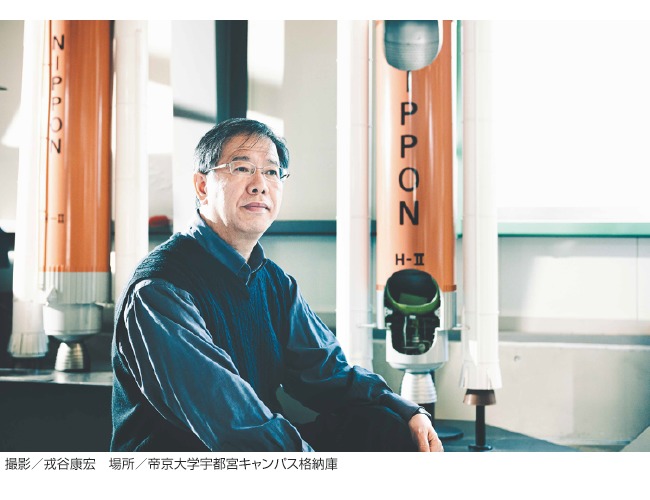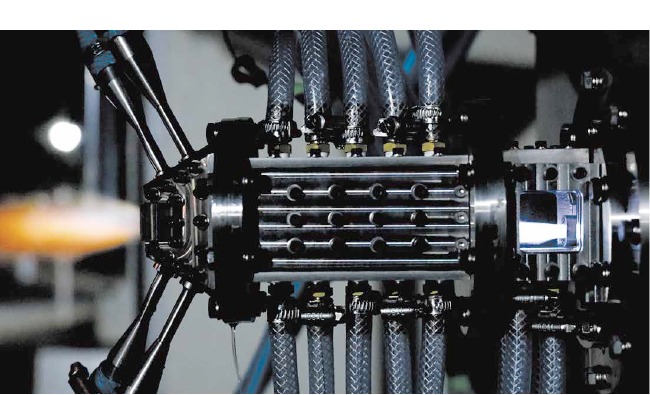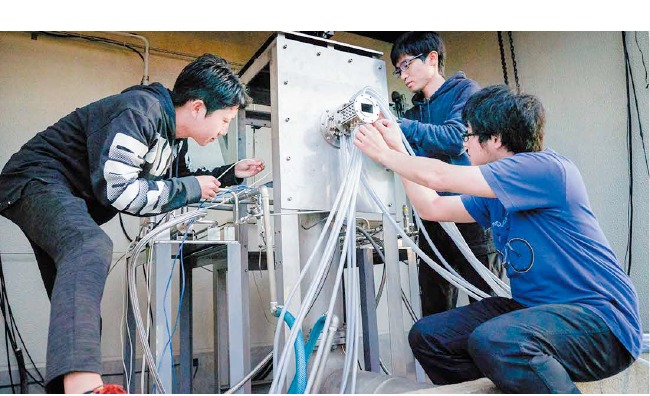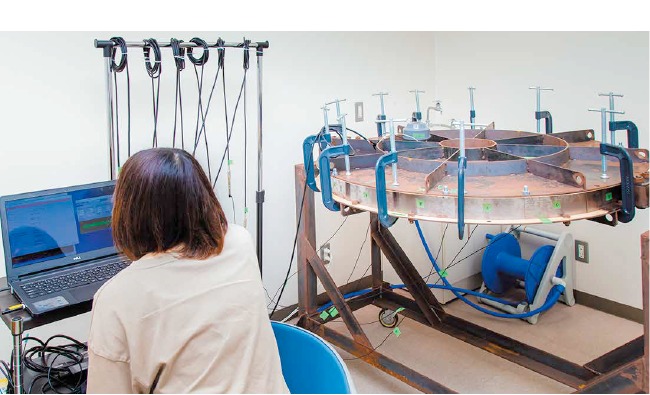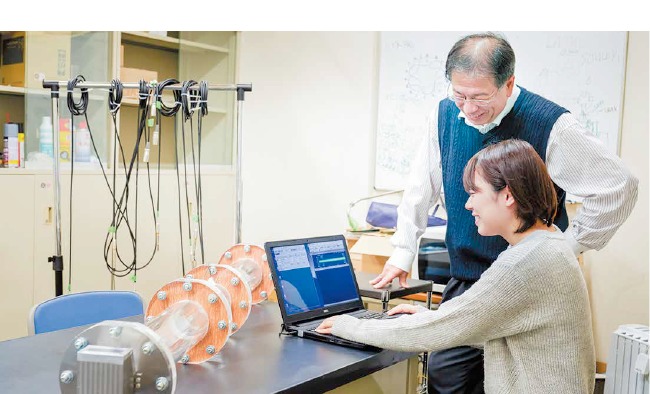Many of Japan's manufacturing technologies boast the world's top level.One of them is the area of space development, which is rocket development technology.About 50 of Japan's flagship rockets, the H97.9A / HXNUMXB, have been launched into space so far.And, indispensable for talking about the success rate of XNUMX% is the purely domestic liquid rocket engine "LE-XNUMXA", which is highly reliable even in the world.
There is an engineer who has been involved in the development of liquid rocket engines from the start of development to mass production for a quarter of a century.Professor Hiroyasu Mako of the Department of Aerospace Engineering, Faculty of Science and Technology, is currently conducting research at Teikyo University Utsunomiya Campus.The "LE-1.4", which is being developed as the engine of the HXNUMX, which is considered to be the next main rocket, generates XNUMX times the thrust of the "LE-XNUMXA", aiming to reduce costs and further improve reliability at the same time. There is.It can be said that the development takes into consideration the increasing needs for space utilization and the rocket business that has entered the competitive era.Professor Mako is working on research with an eye on the issues of "LE-XNUMX".
Professor Mako focused on the phenomenon of "combustion vibration". It is a resonance phenomenon that occurs when the heat and pressure generated in the combustion chamber strengthen each other's fluctuations, and when the pressure fluctuations become large, the risk of damaging the engine increases. "The combustion method used in the" LE-XNUMX "has the advantage of being highly reliable because it is less likely to cause serious failures, and the cost can be reduced by the small number of parts. On the other hand, it is more likely to occur. It is combustion vibration, and we are focusing on elucidating this phenomenon. "
In Professor Mako's laboratory, we have produced a "combustion experimental device" that can reproduce a part of a liquid rocket engine and visualize a part of the combustion mechanism. Furthermore, we are developing a combustion vibration suppression device "resonator". We are verifying the optimum structure and arrangement method that generates a resonance phenomenon by the sound emitted from the speaker and absorbs the sound in the target frequency band.
Today, computer analysis and simulation have become easier, but in order to unravel unexplained phenomena, not only empirical rules but also physical theories must be designed to reach even higher performance.That is why basic research is important in order to challenge the elucidation of physical phenomena, says Professor Mako.
"I was interested in space because of the animation I saw when I was a kid, and I was doing basic research on hydrogen combustion at university. I wanted to be involved in the development of a rocket engine to put it to practical use, so I joined the company. The moment the rocket takes off safely is impressive no matter how many times you witness it. However, at the development site of a company, it is prioritized to reach the goal within the deadline. Basic research has not yet elucidated the mechanism of combustion. I want to go back to a university where I can do it and clarify it. If I can establish new theories and technologies, it may be applicable to future rocket engines. With that hope, I moved my focus to the university three years ago. "
Professor Mako is trying to open up the future of the universe while still being involved with companies and R & D institutions when she was an engineer.I would like the students who belong to my laboratory to be sent to the development site of the next-generation rocket engine and experience the same excitement.He also revealed the inside of such a chest.
You can see the research video of Professor Mako Komuro here.
https://www.teikyo-u.ac.jp/affiliate/research/rocketengine.html
01. "Combustion experimental device" that reproduces a part of the mechanism to elucidate the mechanism of combustion.Manufactured by taking out one element from an actual liquid rocket engine that has a structure in which hundreds of elements are bundled together.It is equipped with a glass window that allows you to observe the inside of the combustion chamber.
02. There are few universities in Japan that have combustion test equipment for hydrogen and oxygen used in liquid rocket engines.Students belonging to Mako Komuro Lab are also involved in the design and manufacturing.
03. One of Professor Mako's research themes is the development of a combustion vibration suppression device "resonator".It is a device that absorbs the acoustic vibration (pressure fluctuation) in the combustion chamber caused by the combustion vibration.Through speaker testing, we are searching for the most effective resonator shapes and arrangements that generate sound of all frequencies and show high sound absorption from an infinite number of patterns.
04. Professor Mako specializes in rocket engineering, engine engineering, thermo-fluid mechanics, and reactive fluid mechanics.We will also focus on training the next generation of engineers and researchers involved in space development.
Teikyo University
Headquarters Public Relations Section TEL.03-3964-4162
173-8605-2 Kaga, Itabashi-ku, Tokyo 11-1
http://www.teikyo-u.ac.jp/

